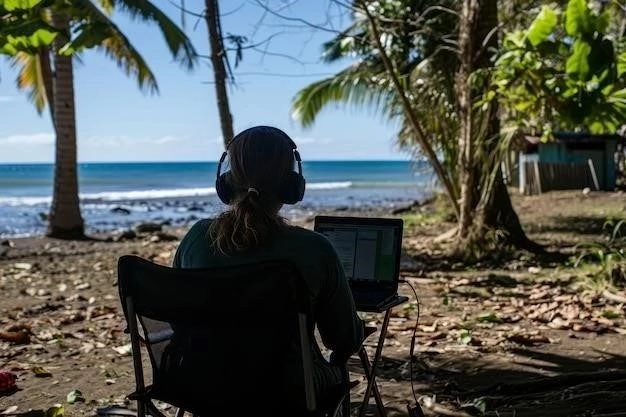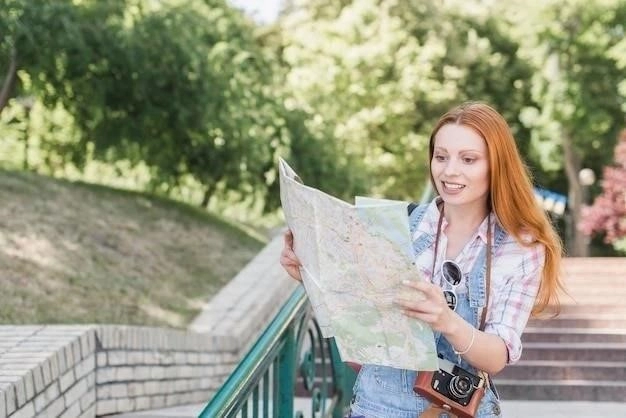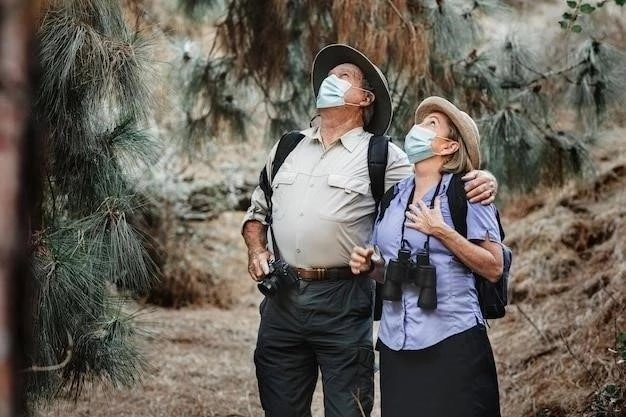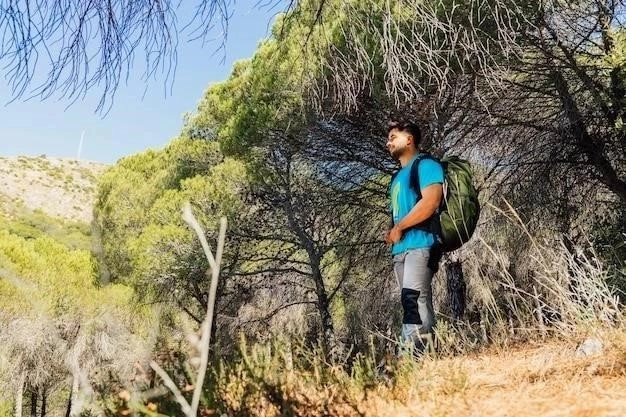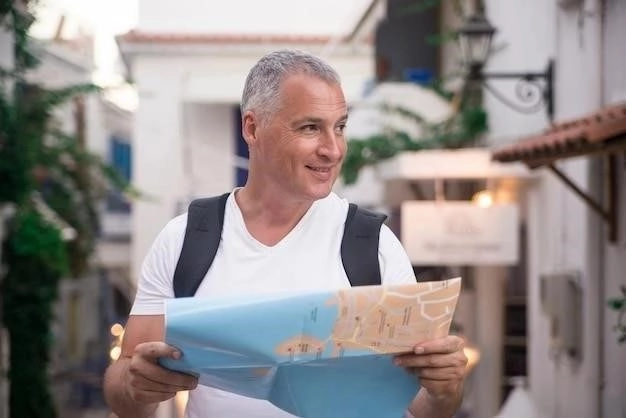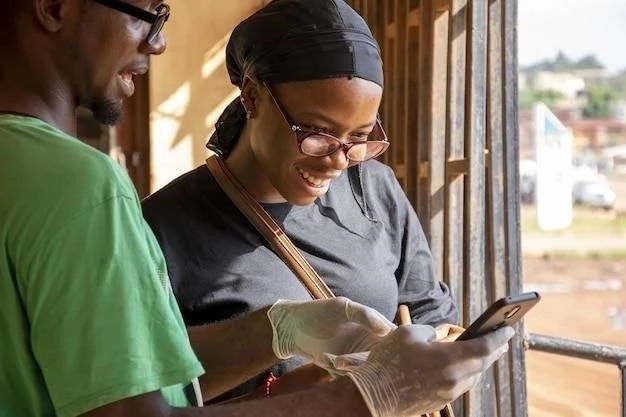Equatorial Guinea, a captivating Central African nation, presents a unique blend of natural beauty, cultural heritage, and intriguing history. This comprehensive guide provides essential information for planning an unforgettable journey to this hidden gem.
Introduction to Equatorial Guinea
Nestled on the west coast of Central Africa, Equatorial Guinea is a captivating nation comprised of a mainland territory and five offshore islands. Despite its relatively small size, the country boasts remarkable geographic and cultural diversity. The mainland, Río Muni, is characterized by lush rainforests, cascading waterfalls, and a rich tapestry of ethnic groups. Bioko Island, home to the capital city of Malabo, captivates visitors with its volcanic landscapes, black sand beaches, and remnants of Spanish colonial architecture.
Equatorial Guinea’s history is as intriguing as its landscape. Once a Spanish colony, the nation gained independence in 1968. While Spanish remains the official language, a blend of indigenous languages, including Fang and Bubi, contributes to the country’s cultural richness.
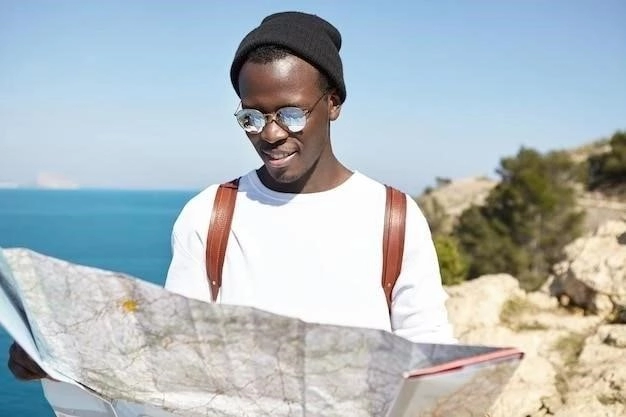
Though often overlooked by travelers, Equatorial Guinea offers a unique opportunity to experience an authentic slice of Africa. From exploring the vibrant markets of Malabo to trekking through pristine rainforests in search of gorillas, a journey to Equatorial Guinea promises an unforgettable adventure.
Visa and Entry Requirements
Prior to embarking on your journey to Equatorial Guinea, it is essential to ensure you meet the necessary entry requirements. Most foreign nationals are required to obtain a visa to enter the country. Visas can be obtained from Equatorial Guinean embassies or consulates in your home country or, in some cases, upon arrival at the airport.
To apply for a visa, you will typically need a valid passport with at least six months of validity remaining, a completed visa application form, two passport-sized photographs, and proof of onward travel. It is highly recommended to contact the nearest Equatorial Guinean embassy or consulate to confirm the specific requirements and fees, as these can vary depending on your nationality.
It is crucial to ensure your passport has sufficient blank pages for entry and exit stamps. Furthermore, it is advisable to carry a copy of your passport and visa with you at all times while traveling in Equatorial Guinea. Remember that immigration regulations can change, so it is always best to verify the latest requirements before your departure date.
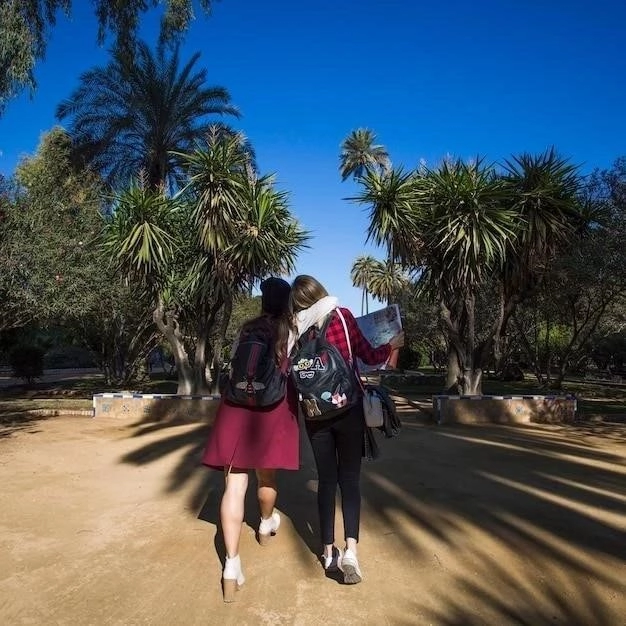
Best Time to Visit
Equatorial Guinea experiences a tropical climate characterized by high humidity and consistent temperatures throughout the year. However, the country has distinct wet and dry seasons, influencing the ideal time for travel based on your preferences.
The dry season, typically spanning from December to February, offers the most favorable weather conditions for exploring Equatorial Guinea. During these months, rainfall is minimal, humidity is lower, and temperatures remain pleasantly warm. This period is ideal for outdoor activities, wildlife viewing, and enjoying the country’s stunning beaches.
While the wet season, from June to October, brings lush greenery and vibrant landscapes, it also sees increased rainfall and humidity. However, this can be a rewarding time to visit for those seeking a more off-the-beaten-path experience, with fewer crowds and potentially lower prices. It’s essential to note that road conditions can be more challenging during the wet season.
Getting There and Around
Reaching Equatorial Guinea typically involves air travel, with Malabo International Airport (SSG) serving as the main gateway to the country. Several major airlines operate flights to Malabo from international hubs such as Madrid, Paris, and Addis Ababa.
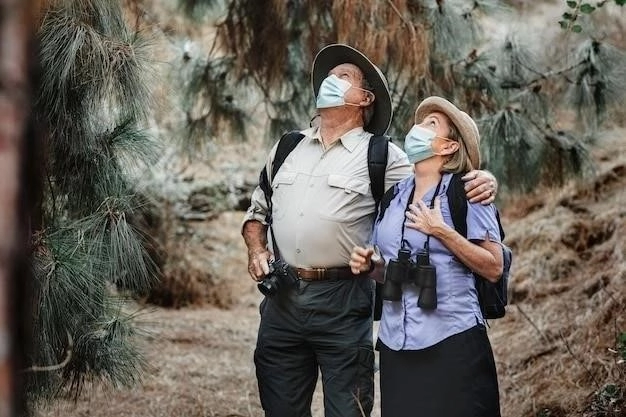
Once within Equatorial Guinea, domestic flights are available to travel between Malabo and other regions, including Bata, the largest city on the mainland. However, flight schedules can be infrequent and subject to change, so it’s advisable to confirm availability and book in advance.
For travel within cities and towns, taxis are readily available and generally an affordable option. Negotiate the fare before starting your journey. Car rentals are also available, but road conditions can be unpredictable outside of major cities. For exploring Bioko Island, hiring a private driver or joining an organized tour can be a convenient and insightful way to navigate the diverse terrain.
Accommodation Options
Equatorial Guinea offers a range of accommodation options to suit varying budgets and preferences, though it’s worth noting that options may be more limited compared to more popular tourist destinations.
In Malabo, the capital city, you’ll find a selection of international hotels offering comfortable accommodations with modern amenities. These hotels cater primarily to business travelers and offer amenities such as restaurants, bars, and conference facilities.
For those seeking a more local experience or budget-friendly options, guesthouses and smaller hotels are available in both Malabo and Bata, the country’s largest city. While these may offer more basic amenities, they provide an opportunity to engage with the local culture and enjoy a more authentic stay.
Must-See Attractions in Malabo
Malabo, the vibrant capital of Equatorial Guinea, entices visitors with its blend of Spanish colonial architecture, bustling markets, and scenic coastal views.
A prominent landmark is the Catedral de Santa Isabel, a striking neo-Gothic cathedral dating back to the early 20th century. Its towering spires and intricate facade offer a glimpse into the city’s colonial past.
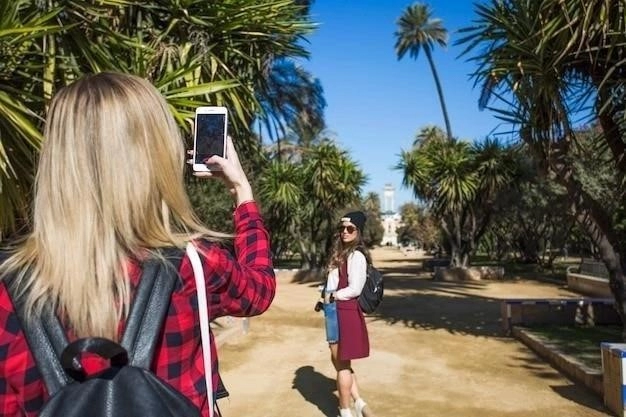
For cultural immersion, venture into the lively Mercado Central, where you can browse stalls overflowing with local crafts, textiles, and fresh produce. The energy and aromas of this bustling marketplace provide a sensory adventure.
To escape the city buzz, take a stroll along the picturesque Malabo waterfront. The Playa de la Catedral offers scenic ocean views and a chance to observe local life.
Exploring Bioko Island
Bioko Island, the captivating volcanic island home to Malabo, offers a diverse range of experiences beyond the capital city. Lush rainforests, cascading waterfalls, and pristine beaches beckon explorers.
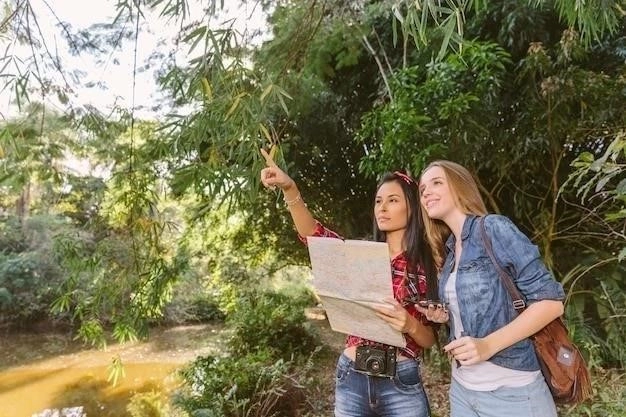
Venture south of Malabo to discover the captivating landscapes of the Gran Caldera de Luba. This collapsed volcanic crater is now a serene lake surrounded by verdant forests, offering hiking trails with breathtaking views.
Nature enthusiasts should not miss the opportunity to visit the Ureka Waterfall. Located within a protected area, this majestic waterfall plunges dramatically into a crystal-clear pool, a refreshing oasis for swimming and relaxation.
For a glimpse into Bioko’s colonial past, visit the ruins of San Carlos, once a thriving port town. The remnants of Spanish colonial architecture stand as a poignant reminder of the island’s history.
Venturing into Río Muni
Río Muni, Equatorial Guinea’s mainland territory, beckons adventurous travelers with its untamed beauty and cultural immersion. This region offers a stark contrast to the island of Bioko, with dense rainforests, winding rivers, and diverse ethnic groups.
A journey to Río Muni often begins in Bata, the largest city and a bustling port on the Atlantic coast. While Bata itself offers a glimpse into modern Equatorial Guinean life, the true allure of Río Muni lies in its natural wonders.
For wildlife enthusiasts, Monte Alén National Park is a must-visit. This vast protected area is a haven for gorillas, chimpanzees, forest elephants, and a myriad of bird species. Embark on a guided trek through the dense rainforest for a chance to witness these incredible creatures in their natural habitat.
Nature and Wildlife Experiences
Equatorial Guinea is a paradise for nature enthusiasts, boasting incredible biodiversity and pristine landscapes. From lush rainforests to volcanic craters and pristine beaches, the country offers a diverse range of natural wonders to explore.
For a truly immersive wildlife experience, a visit to Monte Alén National Park in Río Muni is a must. This vast protected area is home to a remarkable array of species, including critically endangered western lowland gorillas, chimpanzees, forest elephants, and an abundance of birdlife.
On Bioko Island, the Gran Caldera de Luba offers breathtaking scenery with its collapsed volcanic crater now a serene lake surrounded by lush forests. Hiking trails weave through the area, providing opportunities to observe diverse flora and fauna.
Culture and Festivals
Equatorial Guinea’s cultural landscape is as diverse as its natural beauty, shaped by a blend of indigenous traditions and Spanish colonial influences. The country is home to several ethnic groups, each with its unique customs, languages, and artistic expressions.
Music and dance play a vibrant role in Equatorial Guinean culture. Traditional dances often involve elaborate costumes, rhythmic movements, and captivating storytelling. The balélé, a popular dance among the Fang people, is a lively and energetic performance that showcases their cultural heritage.
One of the most notable cultural events in Equatorial Guinea is the Festival of Masks and Cultures, typically held in December. This vibrant celebration brings together different ethnic groups to showcase their traditional masks, dances, music, and rituals.
Food and Drink
Equatorial Guinean cuisine reflects a fascinating blend of African, Spanish, and indigenous flavors, creating a unique culinary experience.
One of the staples of Equatorial Guinean cuisine is cassava, a starchy root vegetable often ground into flour to make fufu, a dough-like accompaniment to stews and soups. Plantains, another widely available ingredient, are prepared in various ways, from fried to boiled to mashed.
Seafood features prominently in coastal areas, with fresh catches of fish, prawns, and crabs often seasoned with aromatic spices and grilled or cooked in flavorful stews. Peanut-based sauces, often enriched with tomatoes, onions, and chili peppers, are a common accompaniment to meat and fish dishes.
Health and Safety Tips
Prioritizing your health and safety is paramount when traveling to Equatorial Guinea. Taking necessary precautions and staying informed about potential risks can contribute to a safe and enjoyable trip.

Before traveling, consult with your healthcare provider regarding recommended vaccinations and any necessary preventive measures for tropical diseases. Ensure you have comprehensive travel insurance that covers medical emergencies, including evacuation if needed.
When it comes to personal safety, it’s advisable to exercise caution and avoid displaying large amounts of cash or expensive jewelry. Be mindful of your belongings, especially in crowded areas.
